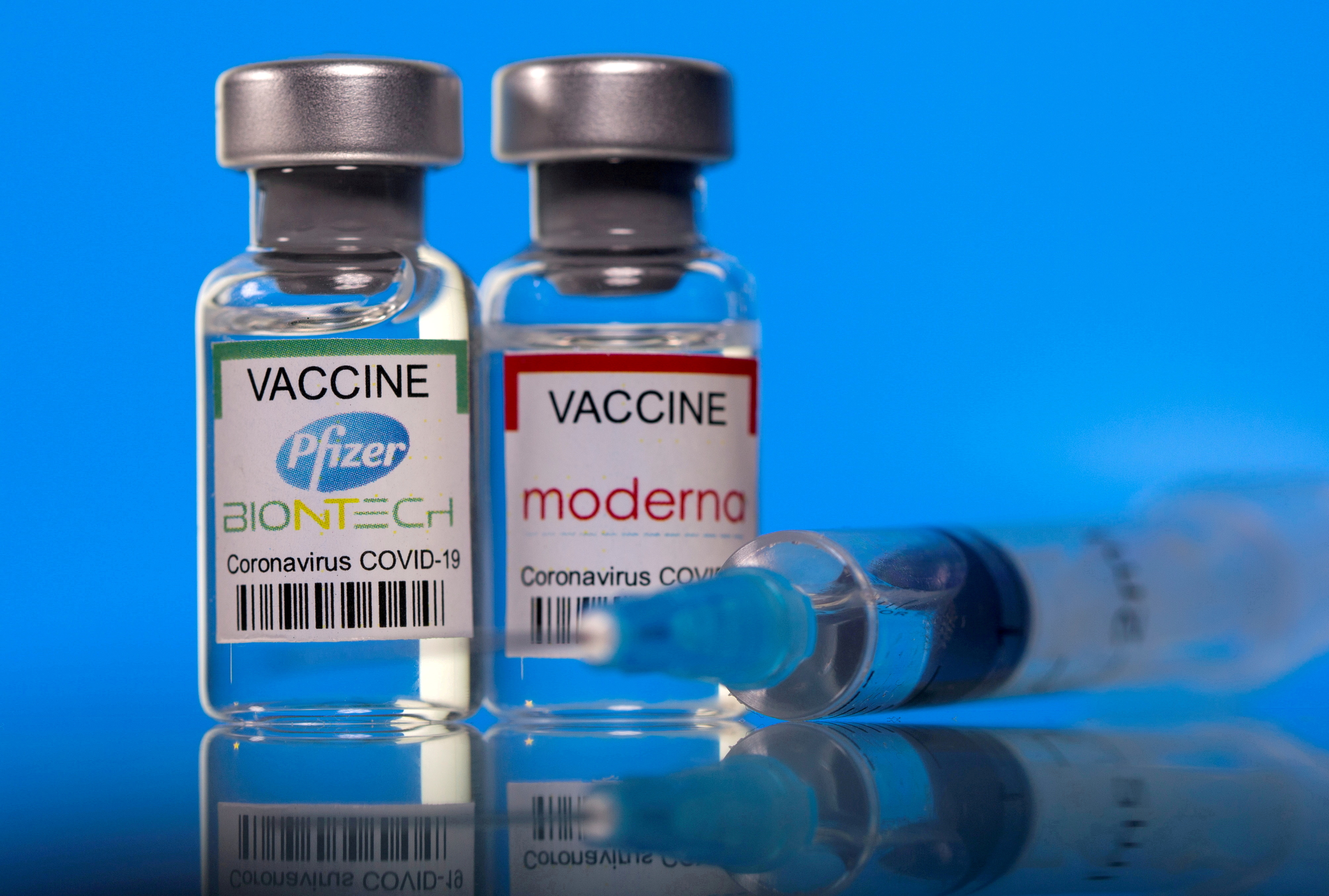
According to a new study, the AstraZeneca and Pfizer vaccines are less effective against the COVID-19 delta variant. Read to learn more about how vaccines work against the delta variant, which drove a deadly wave worldwide.
Quick recap: COVID-19 delta variant
The delta variant is also known as B.1.617.2, the most infectious variant identified. When detected in India, it drove a deadly and devastating second wave that peaked at 4,14,000 cases per day. However, currently, both the UK and the US are seeing a rise in COIVS-19 cases due to the same variant.
What does the Oxford study reveal?

The recent study carried out by researchers at Oxford University includes data both before and after the delta variant became prevalent in the UK. The first round of analysis took place between December 1, 2020, and May 16, 2021. They analyzed about 25 lakh samples and test results from over 3,84,000 people over the age of 18. Additionally, they collected about 8,11,000 test results from over 3,60,000 people between May 17, 2021, and August 1, 2021.
It also revealed that the COVID-19 delta variant even after two doses of the vaccine showed similar peaks as in unvaccinated people. While AstraZeneca and Pfizer vaccines still offer protection, they are not as effective as they were against the Alpha variant.
Which COVID-19 vaccine is more effective?

According to the study, a single dose of the Moderna shot has similar or more effective against the vaccines when compared with one shot of other vaccines. Moreover, two doses of the Pfizer shot have greater initial effectiveness against the new variant. But, it also declines much faster when compared against two shots of the AstraZeneca.
It found that 90 days after the second dose, the efficacy for Pfizer and AstraZeneca vaccine reduced to 75 and 61 percent respectively. They are a drastic reduction when compared to the 85 and 68 percent effectiveness seen two weeks after the second dose. As of now, results suggest that the effectiveness of Pfizer and AstraZeneca are quite similar. The two vaccines’ protection may last for four to five months. Additionally, vaccines were more effective in preventing new infections for younger people than those older than 35. But, long-term effects and actions are still unknown.





